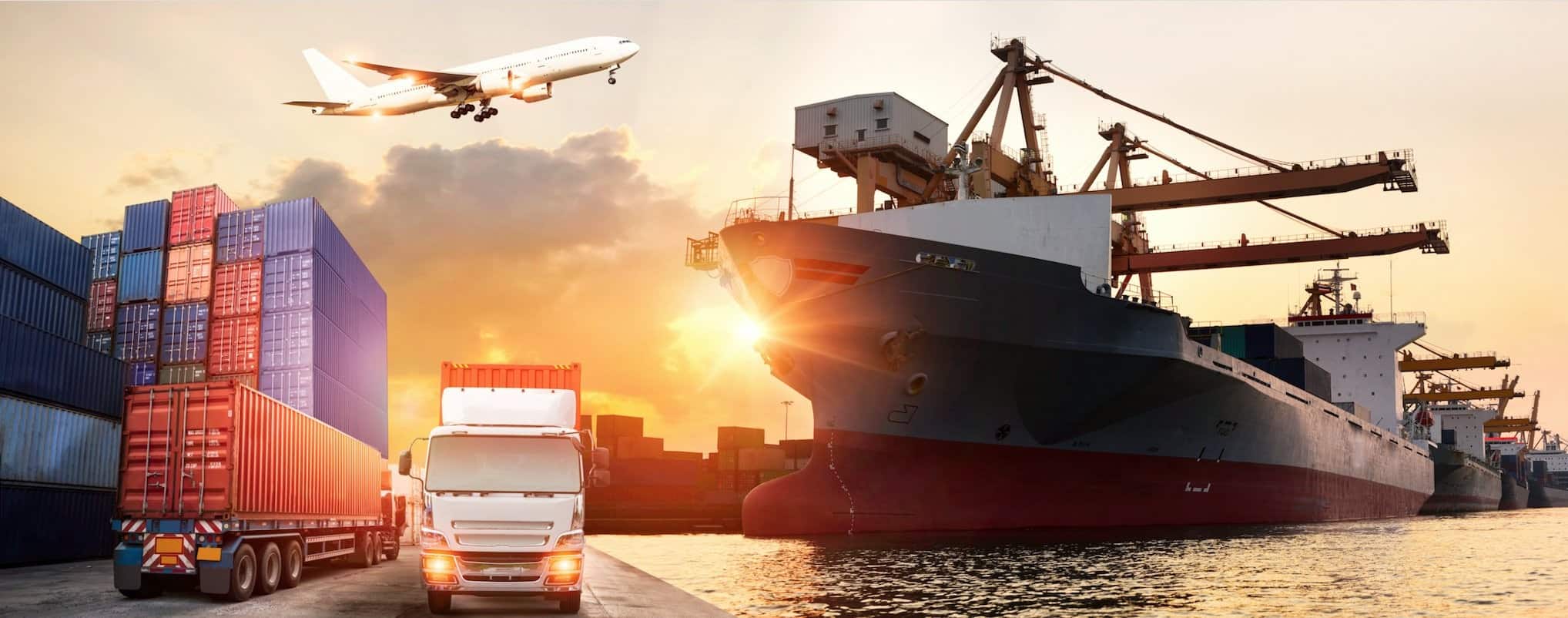Latest News
Cargo Insurance Changes for the Trucking Industry

The past year has been difficult for cargo insurance companies. Three claims in particular had an adverse impact on the cargo insurance industry. A big loss at a distribution facility following tornados in Nashville, a loss in the Port of Beirut, and a loss aboard the Golden Ray vessel, which lost 4,200 vehicles on board. All cargo insurance carriers share the same reinsurance markets, so ocean cargo and international losses influence the domestic truck cargo insurance market as well. These large losses lead to increased premiums and coverage changes for all cargo insurance policies.
As a result, truck owners and operators need to understand these changes. Below is a list of some general changes that insureds may expect in their next cargo insurance renewal cycle.
Premium increases – With losses on the rise, premium always follows. The average premium increase for loss-free accounts is between ten and twenty percent for the most recent cargo insurance renewals. Insureds with a recent history of claims can expect even higher increases.
Covid-19 and Health Hazard exclusions – The significant supply chain disruption caused by Covid-19 has led to an increase in cargo insurance claims. As a result, most cargo insurance renewals have new exclusions for losses due to Covid-19 or a similar health-related cause. With this exclusion in place, trucking companies need effective business continuity plans in place in order to manage supply chain disruptions as they occur. Otherwise, the truck operators could face an uninsured loss.
Cyber Liability exclusion – On the surface, a cyber-liability exclusion may seem like a minor issue when it comes to truck cargo insurance. However, given the increased use of electronics in trucks and at distribution facilities, truck operators need to understand that a loss resulting from a cyber-attack could be uninsured.
Coverage terms – When insurers pay large losses, they compensate by tightening coverage terms. Cargo insurance carriers achieve this in several different ways. Insurers may require a higher deductible in order to write a renewed policy. Another way insurers limit their exposure is by increasing the exclusions. Typical exclusions under a cargo insurance policy include live animals, jewelry, expensive paintings, and some forms of chemicals. However, any load with an increased risk may cause insurers to further increase premiums.
Add on Coverage – Truck operators can also add various ancillary coverages to the cargo insurance policy. Given that each of these presents a unique risk, insureds should expect related premium increases over and above typical increases for cargo insurance. These include the below optional coverages.
Refrigeration breakdown coverage – covers losses caused by malfunctions in temperature control units.
Earned Freight – replaces income lost when a load is not delivered due to a covered cargo loss.
Removal Expenses – coverage if a load is accidentally dumped on a roadway or waterway. Covers the cost to remove debris or pollutants.
Sue and Labor Coverage – covers costs related to preventing further loss to damaged cargo.
Earned Freight Coverage – covers freight charges the customer loses from not delivering a load.
Loading & Unloading Coverage – provides coverage for the commodity while it is being loaded or unloaded.
Truck operators must understand the changing cargo insurance climate in order to make sure that they secure the best possible coverage at the most competitive price.
Addison is a student of the Aust Abbottabad University of Science and Technology. He started his graduation in 2016 and graduated in 2020. I’m a professional article and blog writer, has written dozens of content on different topics and worked with professionals all over the globe. Feel free to contact me for any assistance. [email protected]










